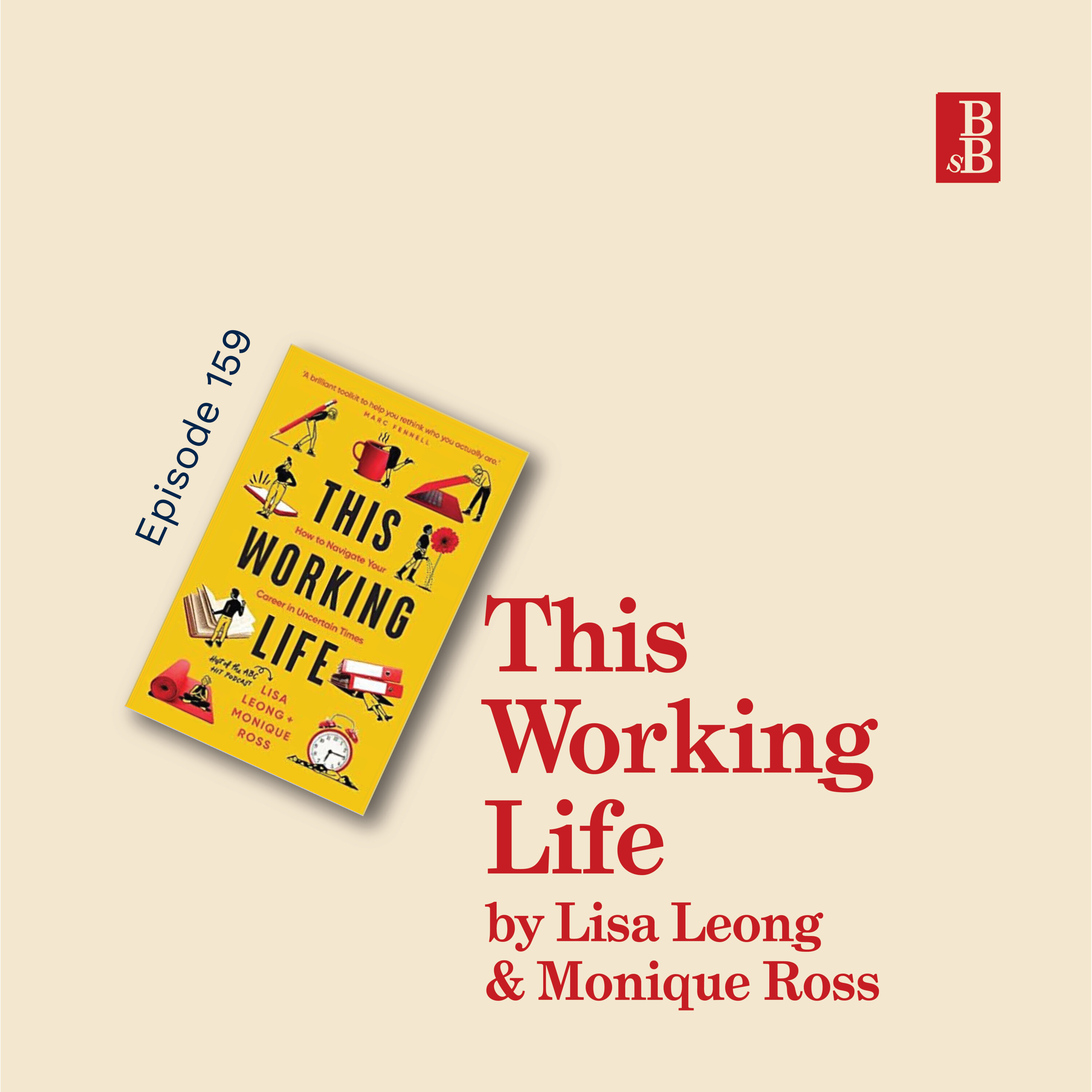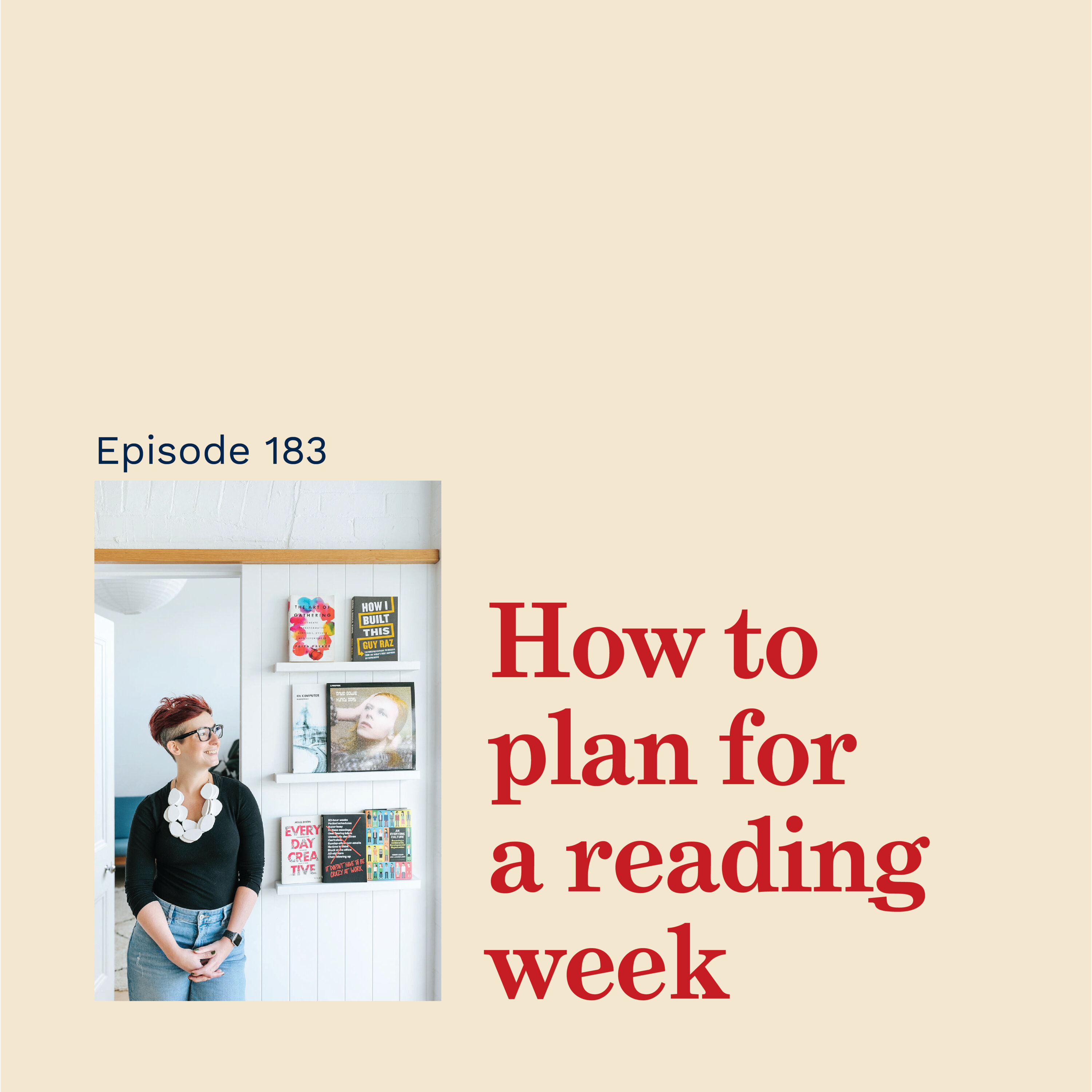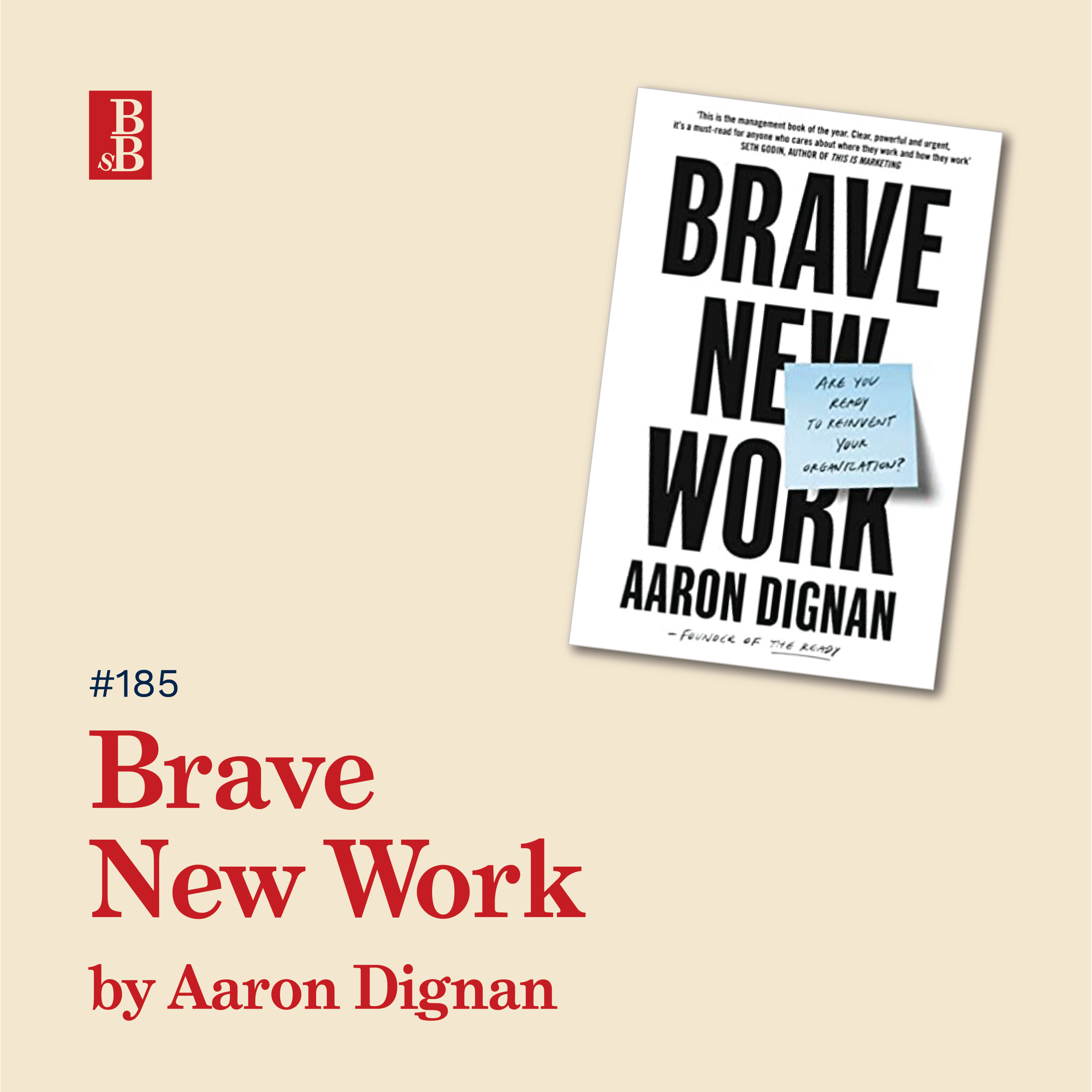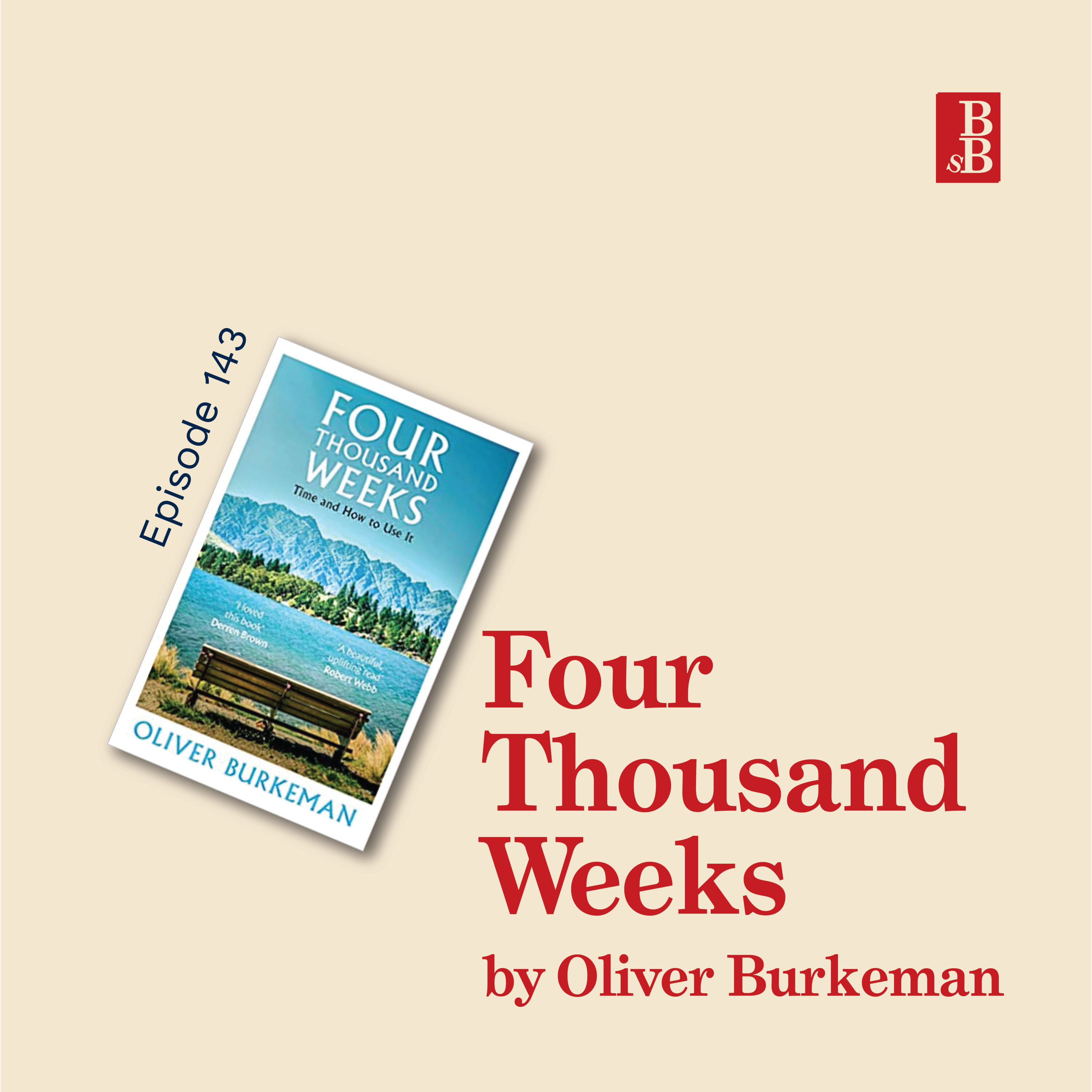A Promised Land by Barack Obama: the ultimate lessons on leadership
About the book
A riveting, deeply personal account of history in the making—from the president who inspired us to believe in the power of democracy.
In the stirring, highly anticipated first volume of his presidential memoirs, Barack Obama tells the story of his improbable odyssey from young man searching for his identity to leader of the free world, describing in strikingly personal detail both his political education and the landmark moments of the first term of his historic presidency-a time of dramatic transformation and turmoil.
A Promised Land is extraordinarily intimate and introspective-the story of one man's bet with history, the faith of a community organizer tested on the world stage. Obama is candid about the balancing act of running for office as a Black American, bearing the expectations of a generation buoyed by messages of "hope and change," and meeting the moral challenges of high-stakes decision-making.
About the author
Barack Obama was the 44th president of the United States, elected in November 2008 and holding office for two terms. He is the author of two previous New York Times bestselling books, Dreams from My Father and The Audacity of Hope, and the recipient of the 2009 Nobel Peace Prize. He lives in Washington, D.C., with his wife, Michelle. They have two daughters, Malia and Sasha.
Extracts from https://www.penguin.com.au/
IDEA 1 - The best answer won’t be perfect
There are countless examples in the book of hard policy, people and political decisions that Obama had to make. And the commonality in all of them was the messiness of getting to an answer.
Even things that seem like a no-brainer on the service (free / affordable healthcare for everyone) turned into painful, watered-down versions of the original vision. But, these sacrifices and compromises meant that something moved forward, even if it was a far cry from the dream.
In other situations, such as the activities in Iraq and Afghanistan, and dealing with the Global Financial Crisis and its impact on America and Americans, all options seemed to balance towards being ‘bad’. But as POTUS, Obama had to find the ‘least bad’ options and make sure the decisions were made on as-good-information as was possible at the time. And of course, balance the public optics of a situation, with the reality of what happens behind the scenes.
Obama was especially good at sitting in the ‘grey’. Dealing with ambiguity and being able to hear different sides of an argument, actively seeking out Republican/opposing views, was one of his strengths as a leader. Even so, you could sense the incredible frustration of working with a system that seemed to force the status quo, and squash change or good ideas.
This quote summed it up:
“I didn’t like the deal. But in what was becoming a pattern, the alternatives were worse.”
IDEA 2 - Know your values
The book features numerous situations where Obama, when faced with hard decisions, had to come back to his values. The recurring values were;
- What he had promised whilst campaigning
- What was true
- What his friends and family would say (especially his Mum and Grandma)
These were also what he judged himself against. There were lots of questions of self-doubt amongst his introspection and reflection; had he been naive and overly hopeful and promised too much? Was there anything else? Had he done enough to push for change for those who needed it most?
He actively kept these values front of mind - regularly reading and responding to letters from American residents and paying many visits to the military hospital where wounded soldiers were treated and rehabilitated. On the latter, he was criticised, being told that it would cloud his judgement. He disagreed, saying that if he was going to send more young people to war, he had to be acutely aware of the cost of it.
His constant revisiting and evaluation of what was most important served as a yardstick throughout his life, not just his presidency. And it allowed him to critically assess what was wrong and the mistakes made - his own, and America’s.
IDEA 3 - Surround yourself with good people
Politics aside, this is really a book about leadership and relationships. A significant part of the book is spent talking about, praising, forgiving, thanking, describing and sometimes, criticising, the people around him.
From his family to his early friends and the people he worked with, the descriptions of friendship are personal and human. He also demonstrates the ability to rebuild relationships; having Joe Biden and Hillary Clinton as key members of his administration when the three of them had stood against each other in the Democratic nomination race.
(Side note: I felt quite a tinge of sadness when Obama describes the loneliness of his role, especially earlier on during the transition when suddenly people he’d known and worked with for years stopped calling him Barack and started calling him Mr President).
Of course, you can’t talk about the people around Barack Obama without mentioning Michelle Obama. He shares his fears about the impact on Michelle, their marriage and the lives of their daughters of him running, and becoming president, questioning the inherent selfishness of it. The pride and respect he has for Michelle in the book is tangible, talking about her health initiatives and work with young people, encouraging them to dream bigger.
“The time chooses you. Either you seize what may turn out to be the only chance you have, or you decide you’re willing to live with the knowledge that the chance has passed you by.”
Support my book habit: https://www.buymeacoffee.com/stephsbookshelf
See omnystudio.com/listener for privacy information.
Hey, have you subscribed to the bookmark newsletter? If you liked this, you might like my twice-monthly email with book reviews and ideas of what you should be reading, and listening to, next. Click here to subscribe.

















